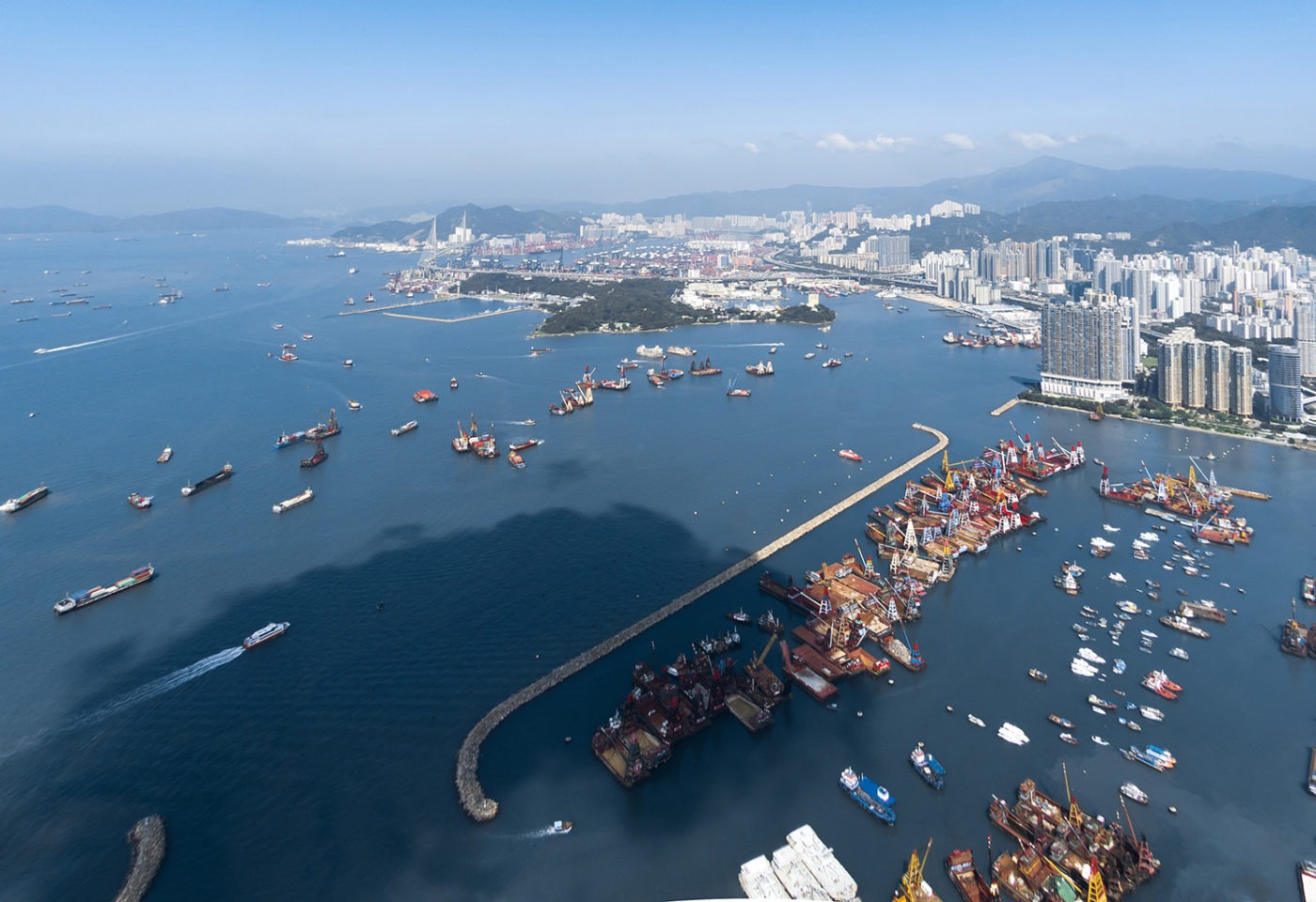By Carlo Dade
Published in the Globe and Mail
March 14, 2018
Now that International Trade Minister François-Philippe Champagne has put Canada’s signature on the Comprehensive and Progressive Trans-Pacific Partnership (CPTPP) agreement, the doors to the Asia-Pacific are about to crack open for Canadian businesses. But first, the federal government must get the agreement to Parliament for ratification – and, for Canadian business to get the most out of the deal, it needs to do so immediately.
The CPTPP will start once six of the 11 signatories get their parliaments and congresses to approve the agreement.
And some of our soon-to-be new trade pact partners have already started, ahead of signing the agreement, to prepare for this. Their urgency is an indication of how important they view the opportunities.
But apparently not Canada. When asked in Parliament whether the government would move immediately to bring the agreement to vote (first reading), Mr. Champagne demurred, suggesting that the government could wait until fall. If so, ratification in Canada would be delayed potentially until next year.
So, what is the benefit of getting to work on the CPTPP right away?
First, the faster we move, the better our chances to take greater advantage of those hard-fought gains, especially as other CPTPP countries are moving quickly to get established in these markets. There are important first-mover advantages here.
Economic modelling by the Canada West Foundation and the federal government confirmed hundreds of millions of dollars in immediate benefits for Canadian exporters. Since the United States was part of the original agreement, Canada gained access to Asian markets on better terms then we could have ever negotiated on our own. Now that the Americans have left the agreement, we can get their benefits, too, without having to fight them for it. This applies to lobster fishermen in Atlantic Canada, bankers in Toronto, hog farmers in Quebec and pretty much everyone in western Canada.
In the longer term, getting in early also establishes Canadian businesses as the supplier of choice.
Second, if Canada is among the first countries to ratify the agreement, it sends a much-needed signal that we are serious about trade in Asia.
This is crucial, given the difficulties that Canada caused for the other CPTPP countries at the 11th hour to reach a final deal during Prime Minister Justin Trudeau’s trip to Vietnam in November. A quick ratification can help mend fences in Asia. Delay will only deepen the hole we have dug for ourselves in a region that has grown suspicious and wary of Canada.
On the other hand, it is hard to see any benefit in delay.
We certainly do not need more consultation. Canadians have already spent eight years weighing in on the original Trans-Pacific Partnership trade deal. The revised CPTPP agreement is only nine pages long, part of which is a list of what has changed from the original TPP, including a few dropped sections that Canada didn’t want in the deal to begin with. The original agreement that was so debated in Canada is adopted wholesale into the new CPTPP. In other words, it is practically the same agreement.
Since Canada joined the TPP negotiations in 2012, the Harper and Trudeau governments have had more than 60 committee hearings with roughly 450 experts and stakeholders, received nearly 200 briefs and held consultations in every region of the country with hundreds of additional stakeholders. Each government conducted an economic impact assessment of the agreement.
It is no surprise that not everyone in the country is happy with everything in the agreement. Delay will not change that, bring new facts into evidence, nor alter what has been negotiated. What is important is that based on input from Canadians, the government got tweaks to the agreement, including to protect our interests in North American free-trade agreement negotiations, and now the governing Liberal Party and Conservative Official Opposition are both on board.
There simply is no good reason not to move immediately.
The government can start by waiving the 21-day notice period for tabling trade agreements as the Harper government did for the Canada-Korea agreement and the Trudeau government for the Canada-European Union agreement.
With our new trade partners’ governments in session ratifying the agreement, Canada simply cannot afford “to take the summer” to get started on ratifying the CPTPP and opening Asia.
